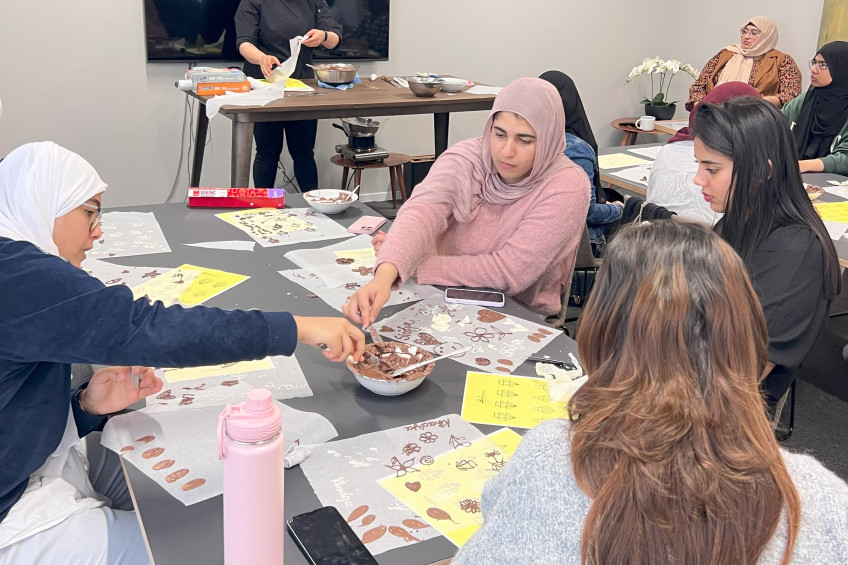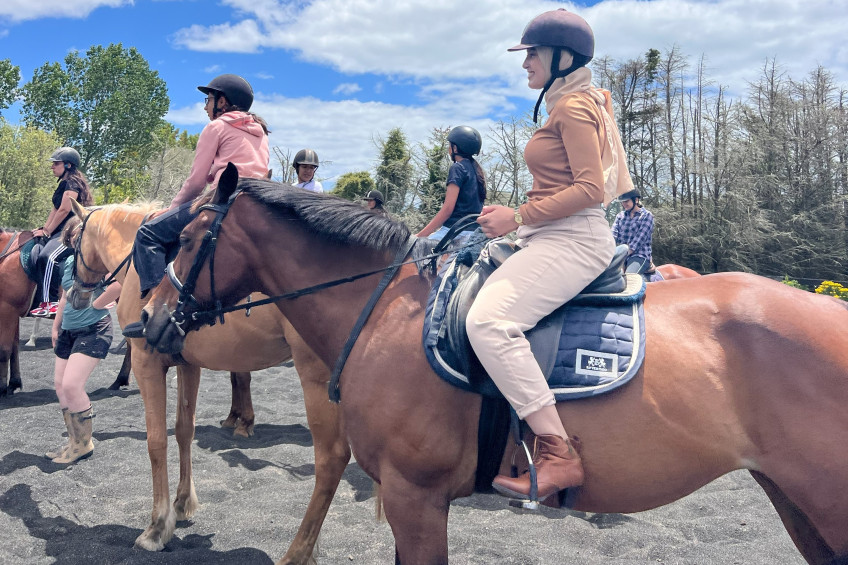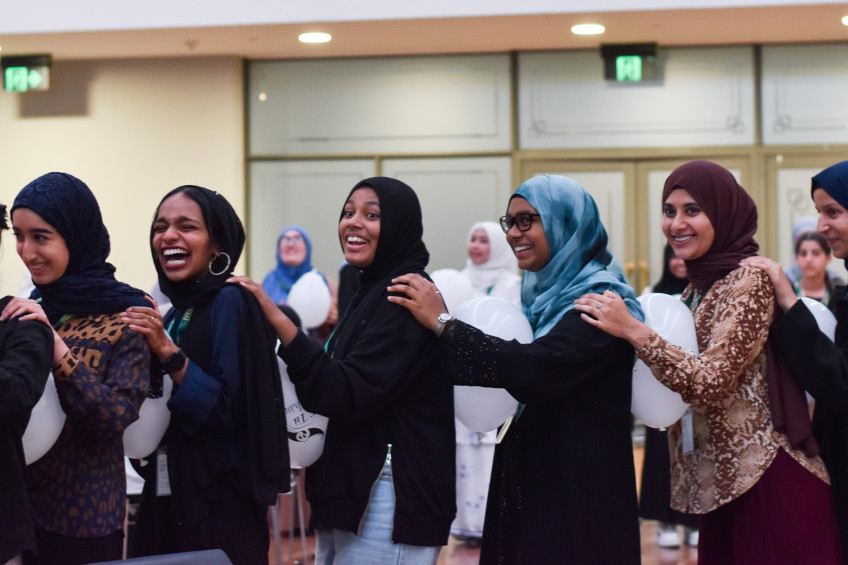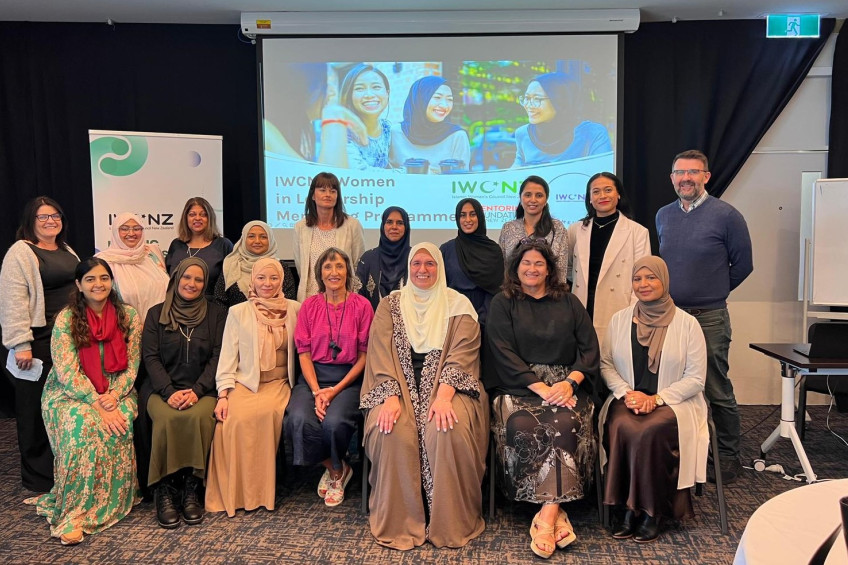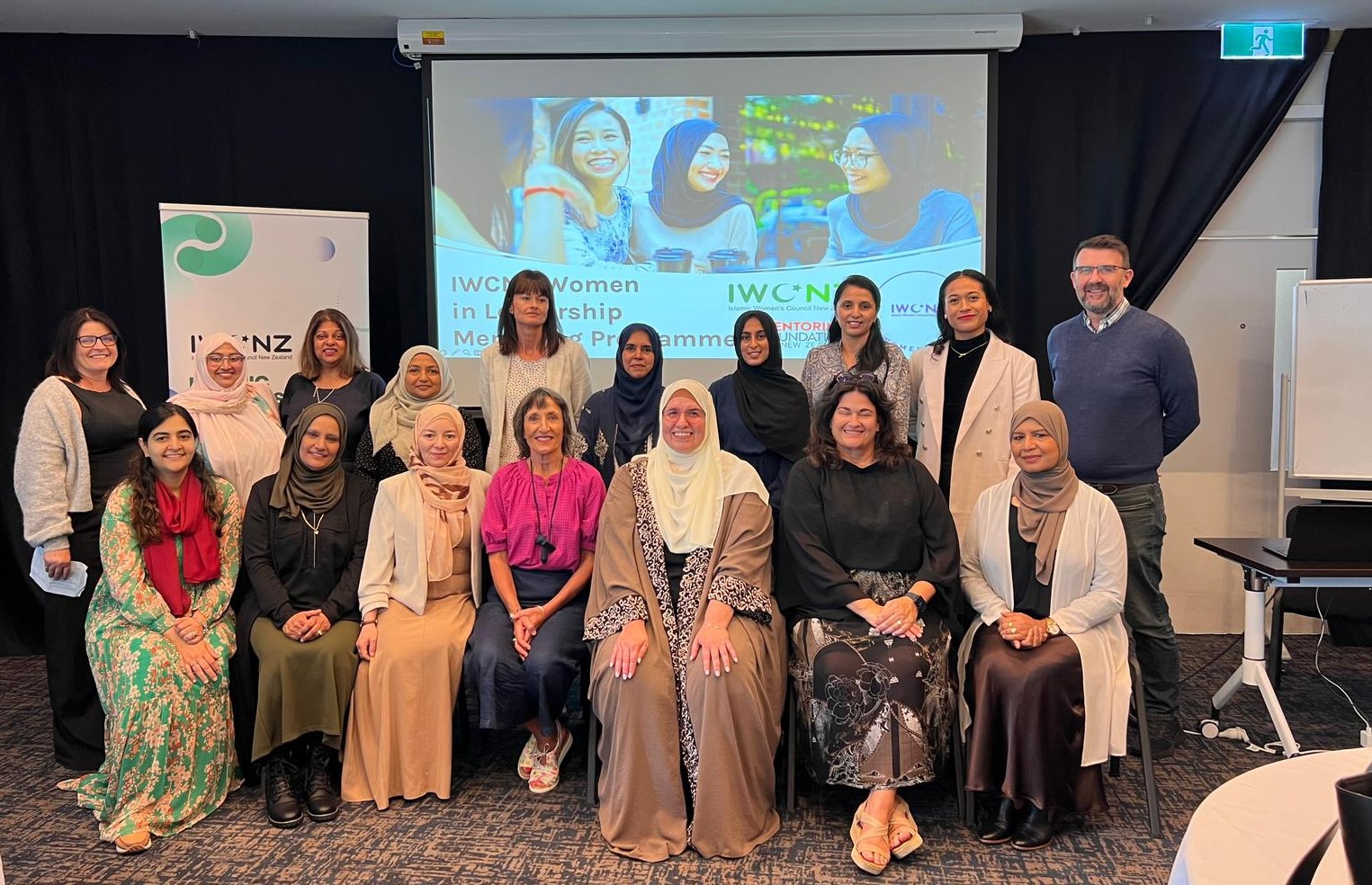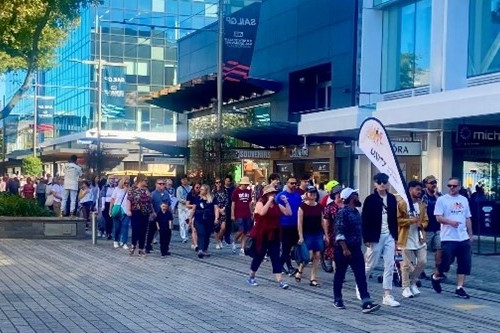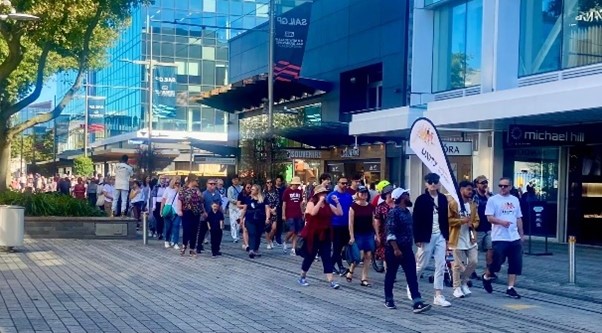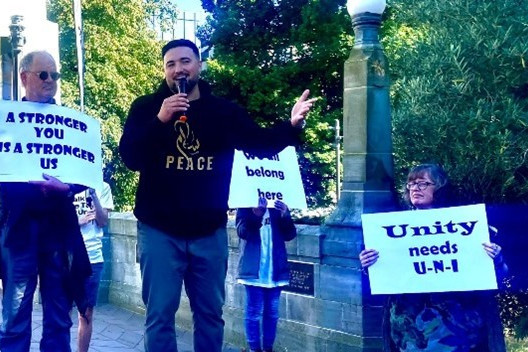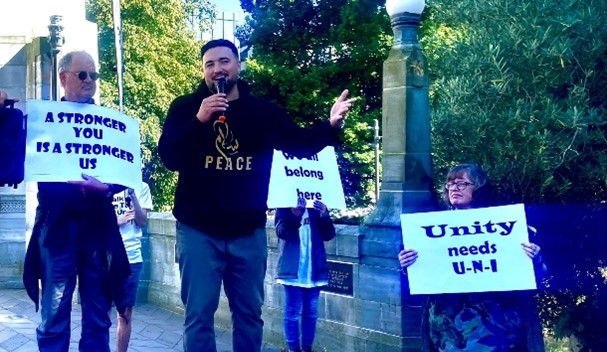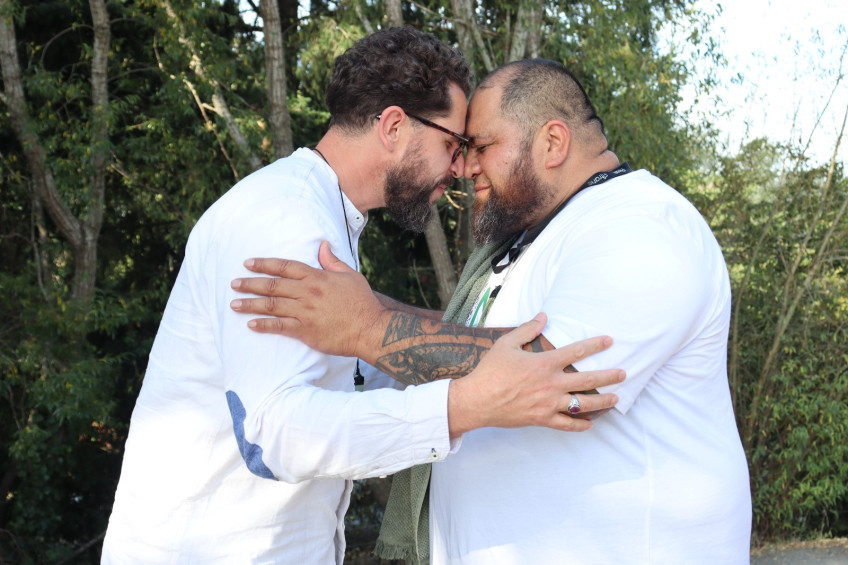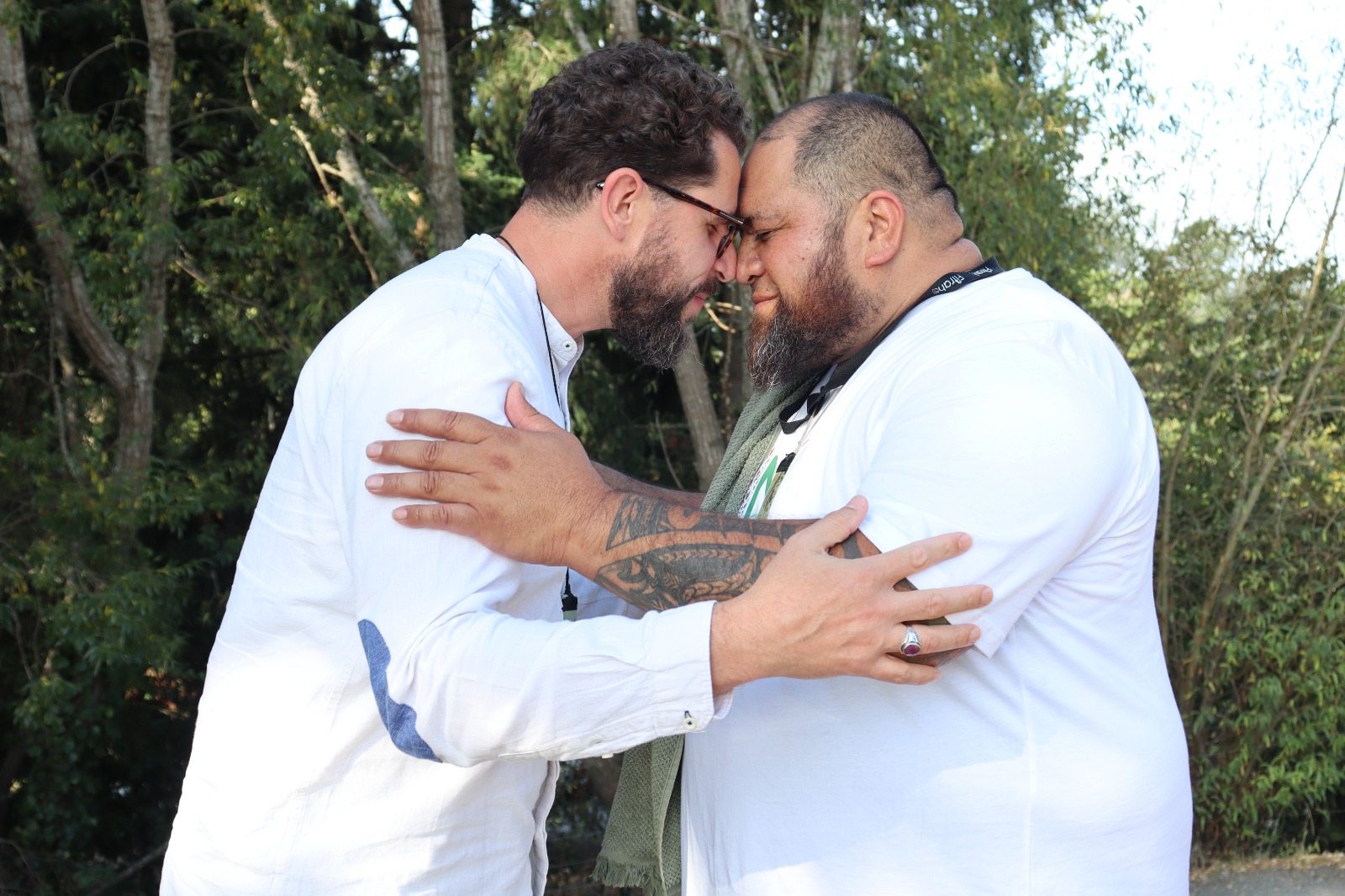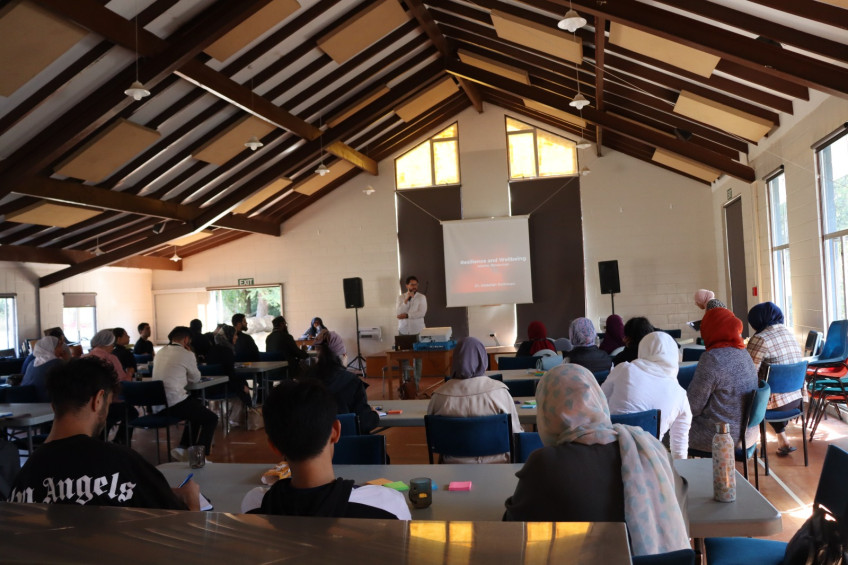Our Ministry is dedicated to supporting ethnic communities to grow their skills, celebrate their culture and take part in society through our Ethnic Communities Development Fund (ECDF).
In the wake of the terrorist attacks on March 15, 2019, the ECDF has been supporting community-led initiatives aimed at recovery, awareness, and promoting social cohesion. These initiatives, driven by various community organisations, are important for making our society stronger and more inclusive.
Mervin Singham, our Chief Executive, emphasised the significance of community support during challenging times.
“In the aftermath of the devastating events of March 15, 2019, our Ministry remains committed to supporting community-led initiatives that promote healing, education, and social cohesion. These projects exemplify the resilience and unity of New Zealanders as we work together to build a more inclusive society,” Mervin says.
Over the past several years, Islamic Women Council of New Zealand (IWCNZ), supported by funding from the ECDF, has worked to address issues across seven core areas: Employment, Education, Leadership, Wellbeing and Public Awareness, Skill Development, Volunteerism, and Equality.
The effective delivery of these programmes has led to overwhelming demand, with events and activities frequently selling out within hours. This popularity is evident in the nationwide participation of Muslim women of all ages in both local and national events.
The growing impact of IWCNZ's efforts is evident in the numbers. In 2022, the organisation hosted 47 in-person events, reaching over 1000 members. This outreach expanded in 2023, with 73 events attracting more than 1600 Muslimah. Additionally, IWCNZ has been instrumental in fostering leadership skills among Muslim women. Over 100 individuals expressed interest in leadership development in 2022, and nearly one-third of them benefitted from mentoring, governance training, and media coaching in 2023.
In the realm of youth development, IWCNZ has provided support to 450 Muslimah youth through various talks, events, and outings in 2022. This engagement grew substantially in 2023, with 782 youth participants benefiting from the organisation's initiatives.
This collaborative effort between the Ministry's ECDF and IWCNZ exemplifies a positive trajectory for Muslim women in New Zealand, charting a path for them to thrive and succeed in society.
In reflecting on this collaboration, Aliya Danzeisen, IWCNZ National Coordinator shares, "Supported by the Ministry for Ethnic Communities, the Islamic Women's Council of New Zealand (IWCNZ) has begun to address the significant challenges faced by Muslim women and young females within our nation. This collaboration with MEC is assisting our membership to thrive within the broader society and shows viable pathways do exist to overcome obstacles and promote Muslim women to succeed in New Zealand."
Rand Alomar, the Community Development Lead, echoes this sentiment, underscoring the importance of collective efforts in facilitating the empowerment and advancement of Muslim women in New Zealand.
“I have seen firsthand the huge difference that the support from The Ministry of Ethnic Communities has had on Muslim women. It has allowed us to provide safe and nurturing events and experiences. In turn, the women were able to build stronger ties and increase their resilience. With time, this will assist Muslimah in fully taking their place within society.” Rand says.
IWCNZ also shared this testimonial on Facebook about the Ministry’s support.
-
Photos from the IWCNZ workshops and events for Muslim women and Youth
-
-
-
Graduation photo from the IWCNZ Leadership workshop
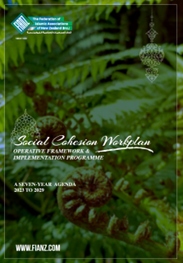
FIANZ social cohesion 7-year work plan
In response to concerns about the safety of Muslim communities and places of worship, the Federation of Islamic Associations of New Zealand (FIANZ) has launched the Safe NZ Mosques initiative.
This project focuses on assessing security risks, developing emergency management plans, and implementing security systems to enhance the safety and resilience of mosques nationwide. Through proactive measures and community engagement, Safe NZ Mosques seeks to create safer environments for worship and community gatherings.
FIANZ's Education Sector Programme is a long-term initiative to create social cohesion through targeted interventions in the education sector.
By developing educational resources, promoting intercultural dialogue, and supporting Muslim educators and students, the programme seeks to create inclusive learning environments where diversity is celebrated and respected.
The programme promotes understanding, empathy, and respect among students from diverse backgrounds through partnerships with schools, government agencies, and community organisations.
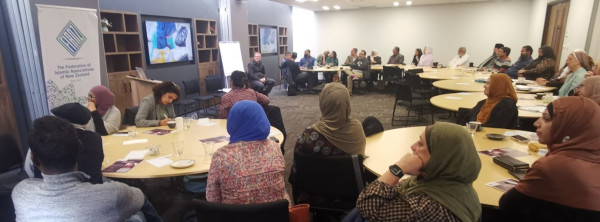
FIANZ Education Hui – Muslim educators.
The Islamic Art and Culture Exhibition is another ECDF-supported initiative that celebrates the rich cultural heritage of New Zealand's Muslim community.
The exhibition showcases the diversity and vibrancy of Islamic art and culture through exhibitions, performances, and interactive activities. It also provides opportunities for cultural exchange and dialogue and builds bridges between communities.
Through partnerships with cultural institutions, local artists, and community organisations, the exhibition creates a platform for sharing and celebrating the contributions of the Muslim community to New Zealand's cultural tapestry.
Reflecting on the fifth remembrance of March 15 and the ongoing support provided by the Ethnic Communities Development Fund (ECDF), Abdur Razzaq, Chairperson of FIANZ Advocacy and National Coordinator for the 15 March Programme, shares his thoughts.
“It has been five years since that fateful Friday on March 15, when the peaceful landscape of Aotearoa New Zealand was shattered by hate-fuelled terrorism.
“Our 51 shahada, the wounded, the witnesses, the survivors and their whanau shall always be honoured, respected and remembered for their sacrifice.
“The trauma has been ongoing for the community. This Friday is also March 15 and is a good time to reflect on what lessons we have learned. There have been many. The outpouring of Aroha from every corner of the country started the healing process and continues now with a nation striving towards social cohesion as the scaffolding to support our diversity and differences. The sacrifice that day shapes the national safety and security pathway for generations to come.
“Our nation has sent a powerful message to those who consider hate and weapons of mass killing to be part of our normal life. They are not.” Razzaq emphasises.
He adds,“A lot more needs to be done to support our diverse communities. This is where the Ministry of Ethnic Communities has taken the lead in highlighting the rich tapestry of different cultures in Aotearoa New Zealand. The journey of the lessons learned from March 15 continues today, and we pray that peace, harmony, and unity will be the signposts on this long road.” Abdur says.
Unity Week, organised by Sakinah Trust, offers hope and brings people together after the tragic events. Designed as a whole-of-society campaign, Unity Week emphasises inclusivity and community-led initiatives.
It provides a platform for diverse groups, including schools, NGOs, and local councils, to develop projects promoting unity and social cohesion. The campaign's inclusive nature ensures that voices from all backgrounds contribute to its success, creating a sense of belonging and trust within communities.
The main goal of Unity Week is to turn good intentions into real actions, helping local projects succeed. By embracing the slogan "unity in diversity," the campaign celebrates the richness of New Zealand's multicultural fabric while reinforcing the importance of collective unity.
-
Photos from the Walk the Talk for Unity event – March 2023.
-
Additionally, the Soul Rejuvenation: Community, Wellbeing, and Resilience project by Fitrah aims to strengthen individuals, families, and communities within New Zealand's Muslim communities.
This community-led and culturally relevant initiative focuses on developing strategies to nurture trust, navigate difficult conversations, and build community resilience and resourcefulness.
For example, the project organised a two-day programme at Waipara Adventure Park in Christchurch on February 17-18. The goal was to help improve the wellbeing of Muslim families and communities.
The programme focused on ongoing wellbeing, drawing on ideas from Islamic psychology and including advice from experts, both local and international.
Additionally, the attendees had the unique opportunity to connect with Rongoa Māori practitioners, facilitating hands-on experiences like kawakawa balm making.
-
Photos from the Soul Rejuvenation: Community, Wellbeing, and Resilience event.
-
-
Reflecting on their experiences, attendees shared profound insights:
"The event lived up to its name...it was truly soul rejuvenating."
"I found the retreat nurturing for the mind, body, soul while connecting to the natural environment and with each other."
"It was nice for me and my son to spend time with other families in such a peaceful setting."
Even the younger participants found moments of joy and enrichment, as one child enthusiastically shared, "I enjoyed everything about this [retreat], especially the flying fox and the obstacle course."
These community-led initiatives align with our Ministry's strategic priorities, promoting the value of diversity and meaningful inclusion of ethnic communities, improving economic outcomes for them, and connecting and empowering ethnic community groups.
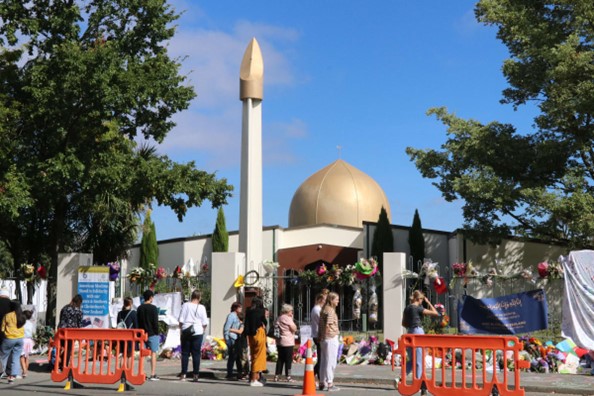
Photo of Al-Noor Mosque after the March 15 terrorist attacks - Christchurch. (Source: Newsroom)

